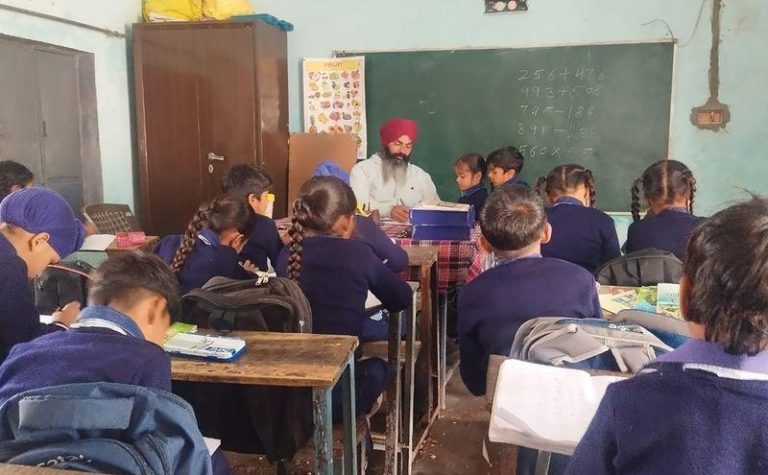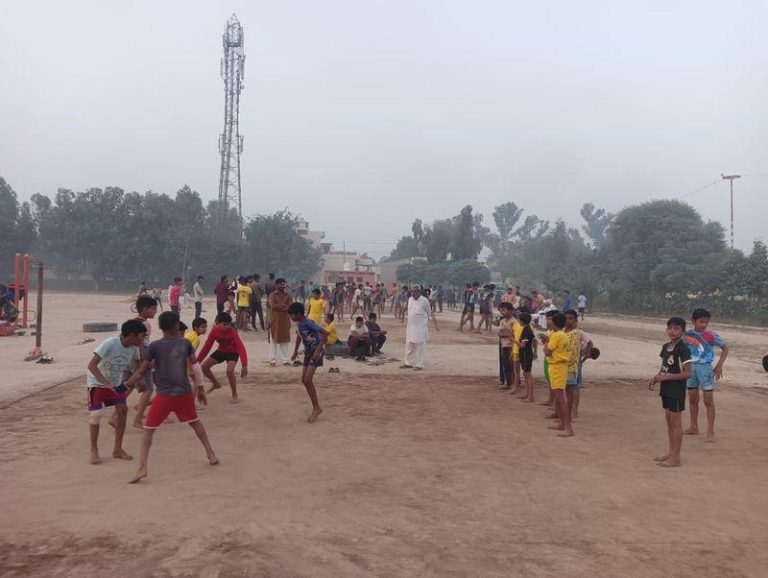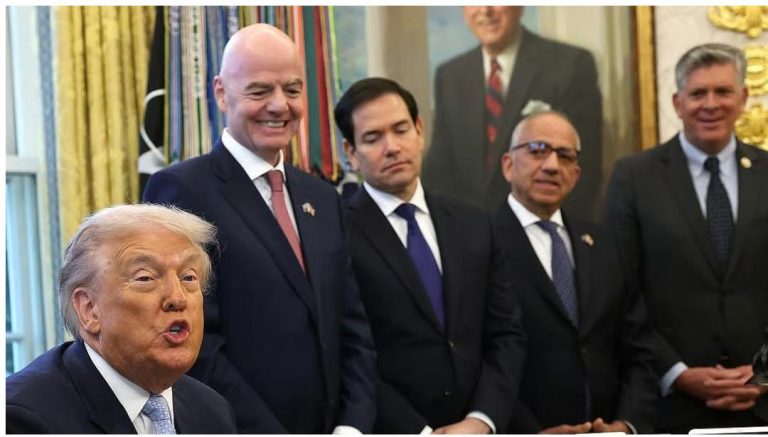
Limitation Act doesn’t apply to conciliation under MSMED Act: SC
The Supreme Court of India has recently passed a significant judgment regarding the applicability of the Limitation Act to conciliation proceedings under the Micro, Small, and Medium Enterprises Development (MSMED) Act. In a landmark decision, the Court held that the Limitation Act does not apply to conciliation proceedings under Section 18(2) of the MSMED Act. However, it clarified that the Limitation Act does apply to arbitration proceedings under Section 18(3) of the MSMED Act.
The Court partly allowed the appeals filed against the judgment of the Bombay High Court’s full bench, which had earlier held that the Limitation Act applies to both conciliation and arbitration proceedings under the MSMED Act. The Supreme Court’s decision has significant implications for dispute resolution in the MSME sector.
Background
Section 18 of the MSMED Act provides for conciliation and arbitration as alternative dispute resolution mechanisms for disputes arising out of MSME contracts. Section 18(2) of the Act requires the conciliator to complete the conciliation proceedings within a period of 30 days from the date of the notice. Section 18(3) of the Act provides for arbitration proceedings, which are governed by the Arbitration and Conciliation Act, 1996.
The appellants in the case, Sonali Power Equipments Pvt. Ltd. v. Chairman, 2025 INSC 864, had entered into a contract with the respondent, the Maharashtra State Electricity Distribution Company Limited, for the supply of electrical equipment. The respondent terminated the contract, and the appellants filed a claim for damages before the conciliator appointed under Section 18(2) of the MSMED Act.
The conciliator issued a final award in favor of the appellants, but the respondent refused to comply with the award. The appellants then filed an arbitration petition under Section 18(3) of the MSMED Act, which was also filed before the same conciliator. The arbitrator issued an award in favor of the appellants, but the respondent again refused to comply.
The appellants then filed a petition before the Bombay High Court, seeking to set aside the award under Section 34 of the Arbitration and Conciliation Act, 1996. The High Court dismissed the petition, holding that the Limitation Act applies to both conciliation and arbitration proceedings under the MSMED Act.
The Supreme Court’s Decision
The Supreme Court partly allowed the appeals filed by the appellants, holding that the Limitation Act does not apply to conciliation proceedings under Section 18(2) of the MSMED Act. The Court relied on the language of Section 18(2) of the MSMED Act, which requires the conciliator to complete the conciliation proceedings within a period of 30 days from the date of the notice. The Court held that this provision does not specify a time limit within which the conciliation proceedings must be completed, and therefore, the Limitation Act does not apply.
On the other hand, the Court held that the Limitation Act does apply to arbitration proceedings under Section 18(3) of the MSMED Act. The Court relied on the language of Section 18(3) of the MSMED Act, which provides that the arbitration proceedings shall be governed by the Arbitration and Conciliation Act, 1996. The Court held that the Limitation Act applies to arbitration proceedings under the MSMED Act, as it is governed by the Arbitration and Conciliation Act, 1996.
Implications of the Decision
The Supreme Court’s decision has significant implications for dispute resolution in the MSME sector. The decision clarifies that the Limitation Act does not apply to conciliation proceedings under the MSMED Act, which means that parties can approach the conciliator without worrying about the limitation period. However, the decision also clarifies that the Limitation Act does apply to arbitration proceedings under the MSMED Act, which means that parties must approach the arbitrator within the limitation period specified in the Limitation Act.
The decision also highlights the importance of careful drafting of contracts and agreements in the MSME sector. Parties should ensure that they specify the dispute resolution mechanism and the time limit for completion of the dispute resolution proceedings in their contracts and agreements.
Conclusion
In conclusion, the Supreme Court’s decision in Sonali Power Equipments Pvt. Ltd. v. Chairman, 2025 INSC 864, has significant implications for dispute resolution in the MSME sector. The decision clarifies that the Limitation Act does not apply to conciliation proceedings under the MSMED Act, but does apply to arbitration proceedings under the MSMED Act. Parties should take note of this decision and ensure that they specify the dispute resolution mechanism and the time limit for completion of the dispute resolution proceedings in their contracts and agreements.
Source




